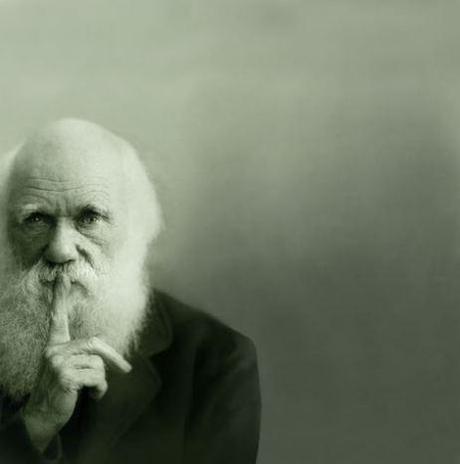
Today is Darwin Day – in other words, it’s the big boy’s birthday. He would have been 205 years old if he had lived!
Charles Darwin was born on this day in 1809 and he died in 1882 at age 73.
He was a Geologist who contributed greatly to so many areas of scientific study. He contributed to Archaeology; he gathered insects and birds of previously unknown types and gifted them to Universities for further study. And he traveled the world. He was fascinated by the ethnography of people.
What a great man.
And he was also fascinated by how breeding could adjust the attributes of pigeons. A breeder could change the shape of eyes and beaks by pairing certain types of birds together over many generations. He was amazed to see a similar phenomenon in Nature – the Finches that lived on the Galapagos Islands seemed to change their beak length depending on what the natural climate was doing.
Darwin put these and many observations into a melting pot of careful observation and study and experience. The result was a proposal that all life on planet earth must have arisen thru selective breeding on a single, primordial life form. But there wasn’t a person doing the breeding. Instead – Nature itself was doing the breeding – randomly changing the attributes of a creature to form a different class of creature. And only the strong variations survived – thru the process of Natural Selection.
I’ve not done justice to his theory – but that’s the crux of it, I think. This was the free thinking, radical theory that challenged the Western World when he proposed it.
And yet I wonder…
… if Darwin had been alive today, would he still have proposed his theory? Would he have stood behind it as a credible idea in 2014?
When today we can peer into the inner workings of each microscopic cell – and watch the operation of a complex biological factory. A factory humming with different machines which are managing and processing information constantly.
- Machines to read the instructions that are somehow encoded in your DNA that code for countless proteins that are essential for your body to function correctly
- Machines that combine amino acids according to the amazing instructions
- Machines that fold up the resulting strand into a precise shape to allow the protein to do its specific job in your body
When today we have spent nearly 100 years understanding information theory and software engineering. And we can see abundant evidence of both of these disciplines…and so many others… in the groundwork and the operation of our cells.
- Each of your body’s countless billion cells contains 700 megabytes of digital information. (Scientists have started using DNA as the equivalent of biological USB Memory sticks today. Cool eh? Yet life has had this technology built in all along…and we are only just starting to catch up)
- Digital information takes time and effort to create. Just ask any software engineer who is staring down the barrel of the project plan. And has a boss breathing down his neck…telling him that he must finish debugging his code NOW! Just ask any blogger who is looking at a blank page – trying to think of something interesting to say.
- And what effect does randomness have on information? Does it contribute to the creation of information? No. We have found that random activity degrades information. It is like the noise on the line that causes your mobile phone conversation to be so difficult to understand that you end the call. Randomness is not a friend to digital information. It destroys it. It does not create it.
I imagine Mr Darwin looking at the completely new, innovative and mind boggling Scientific evidence we have amassed today, over a century since his death. I imagine him shaking his head in wonder and saying – “Hey – it was a great thought. But in the light of all this new discovery… I’d better think again. Forget evolution. There must be another more reasonable answer to why life on this planet looks so exquisitely and carefully designed!”
He would be right.
I’m pretty darn sure that it was.

